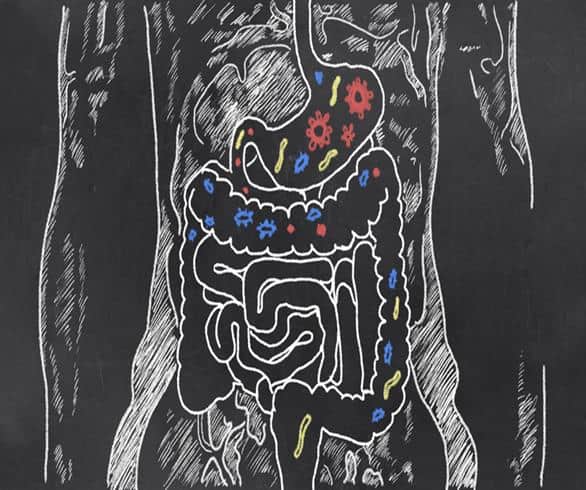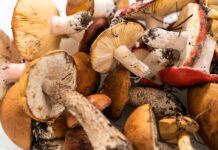
By Melissa Smith, CNP
Poor gut flora has been linked a range of chronic conditions including obesity, diabetes, depression, autoimmune conditions, and irritable bowel diseases. Furthermore, poor gut flora can cause low energy, brain fog, cravings for sugar, poor immune health, and digestive discomforts.
There are 10 times more bacteria in our bodies than cells.
In a way, you can say that we are more bacteria than human. We have only begun to understand the role that gut flora has in human health and disease. Gut flora determines how our bodies react to hormones that control appetite, metabolic function, and insulin sensitivity. In a study published in Science Magazine, control mice with excessive bad bacteria in their gut combined with a lack of the good bacteria gained more weight than mice with normal gut bacteria. To boot, the bad gut mice ate more than the normal gut mice and eventually developed insulin resistance—making them very susceptible to diabetes.
When the normal gut mice were transferred the gut flora of the bad gut mice, they began to eat more, similarly gained weight, and developed the same metabolic abnormalities as the bad gut mice. In other words, a simple change in gut bacteria caused normal mice to develop insulin resistance and obesity.
In humans, thin individuals have been shown to have highly diverse ecosystems of bacteria in their guts—like a richly diverse ocean flowing with millions of different species. Alternatively, the gut of an obese individual represents a less diverse eco-system, like an overcrowded pond filled with only a few species. As you may have guessed, thin individuals, with their diverse eco-system of bacteria, have higher amounts of good bacteria to keep the bad bacteria in check. When the British Journal of Nutrition published a study, it’s no wonder that it revealed that one group of women, on average, lost more weight following the exact same diet as the other group of women because of a key difference: the group of women that lost the most weight were taking a probiotic supplement whereas the heavier group was taking a placebo.
There is no cure-all supplement for obesity. However, adding a probiotic supplement or adding probiotic-rich foods to your diet will improve your gut health and can help you reduce cravings and lose more weight over time.
Probiotic-rich foods include unpasteurized sauerkraut, kimchi, pickles, kefir, yogurt, and kombucha. Rule of thumb: if the product is not refrigerated, it doesn’t have any live probiotic bacteria. Look for the stuff in the refrigerator section, or better yet, make your own!
If you don’t like probiotic foods, no need to give up on your health goals. Just take a daily probiotic supplement with 10 billion or more live bacteria.










